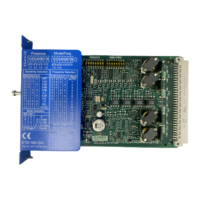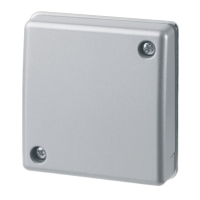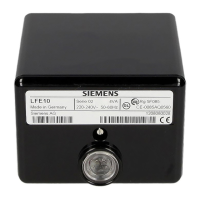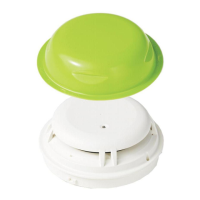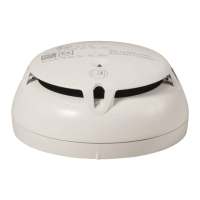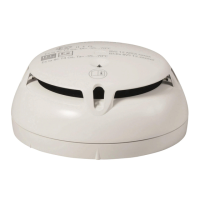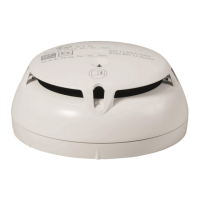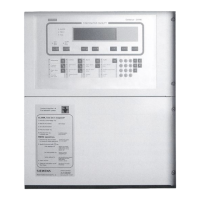3.7.2 What is safety?
Safety denes a state in which the risk of damage is reduced to a tolerable level, or which can be
regarded as risk-free. Following on from this denition, functional safety concerns persons,
machines and the environment.
The objective of safety systems is to reduce the risk for humans and machines that is posed by
a use case to an acceptable level. The rst step is, therefore, to identify the risk of a use case. In
order to make a reliable assessment regarding the application, each individual function of a
machine or plant must be analyzed for potential hazards.
You can nd further information on the Siemens Safety Integrated (http://www.siemens.com/
safety) Internet page.
3.7.3 Basic terminology
3.7.3.1 Redundancy/single-channel and two-channel
With redundancy, more than one component is implemented for the same function, so a faulty
function of a component is performed instead by the other component(s).
A redundant conguration reduces the probability of a function failing due to a single defective
component. This requirement is essential for achieving SILCL 3 as per EN 62061, SIL 3 as per
IEC 61508 and PL e/Cat. 4 as per EN ISO 13849-1 (also necessary for SILCL 2 / PL d under certain
circumstances).
The simplest form of redundancy is two-channel redundancy.
If a circuit fails, two-channel redundancy ensures that the safety function is maintained.
In a redundant system conguration, the subsystems for detecting and reacting must also be
implemented with two-channel redundancy.
Note
All safety devices that comply with SILCL 3 as per EN 62061, SIL 3 as per IEC 61508 and PL e/Cat. 4
as per EN ISO 13849-1 are redundantly congured with regard to the internal logic and also with
regard to the output circuits.
Overview
3.7 Safety systems - General information
SIRIUS 3RK3 Modular Safety System
Equipment Manual, 07/2020, NEB926253002000/RS-AC/006 51

